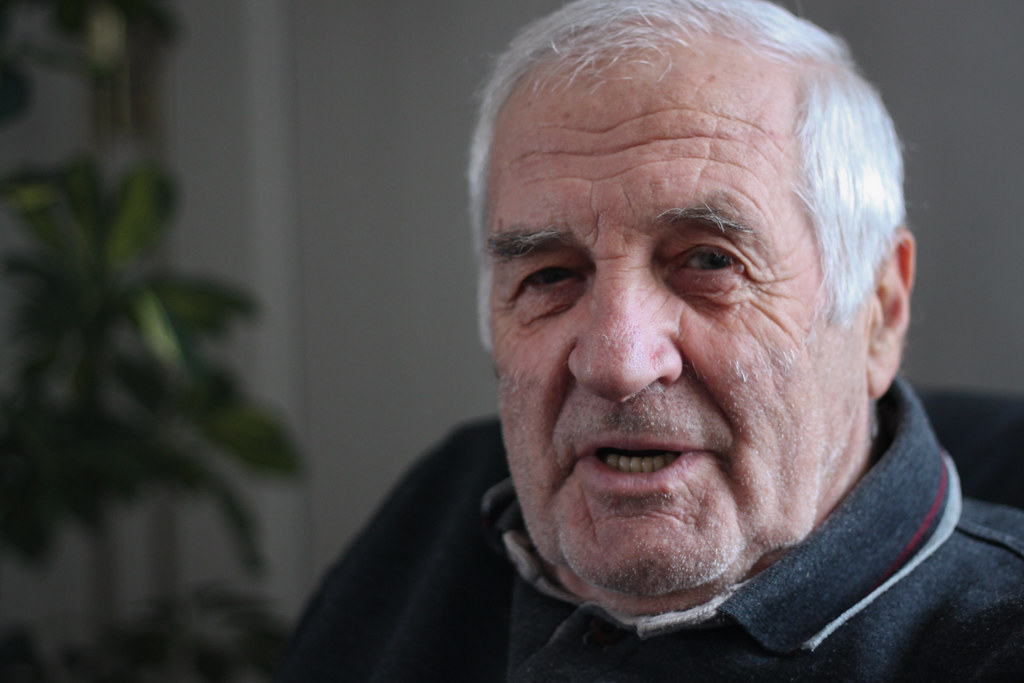
Parkinson's is a progressive disease that damages one's brain and nervous system. As this condition progresses, many patients are going to require quite of bit of help from family, friends, and professional caregivers. Here are some steps you can start taking today so that you can meet these challenges head-on.
Start Learning About the Disease
The single best thing that loved ones can do after a diagnosis is to begin learning as much about the disease as possible. Parkinson's itself is not fatal, but the side effects are very serious. Over time, a patient will lose the ability to regulate their emotions and movements as their body struggles to produce dopamine. Throughout this time, your goal should be to make their life as comfortable and pain-free as possible.
Normalize Their Life
During the earliest stages of this disorder, it is important for patients to feel as if they have normal lives. You can help them as much as they would like with errands and chores, but your loved one might just want to forget about their condition every once in a while. Small gestures such as taking them to a movie or cooking a meal together can do wonders to improve their happiness and quality of life. In most cases, patients will bring up Parkinson's when they are ready to talk about it with friends and family members.
Don't Neglect the Emotional Changes
Parkinson's is technically classified as a movement disorder, but it almost always impacts an individual's psychological and mental health as well. Some of the most common side effects include anxiety, depression, apathy, and chronic stress. In addition to supporting them personally, they might also benefit from speaking with a counselor or joining a Parkinson's support group.
Know When to Ask for Professional Help
There may come a point when friends and family members can no longer provide enough assistance, and that is when it is time to consider professional caregiving options, like those provided by Cedar Village. Many of those who have Parkinson's begin with professional care at home before transitioning to a long-term care facility. These facilities are filled with certified staff who know how to address the side effects of Parkinson's so that your loved one stays happy and healthy.
Parkinson's disease is going to change your loved one's life and the lives of everyone around them. While this condition can be challenging, patients can live long and fulfilling lives as long as they have support from their loved ones.
Hannah Whittenly is a freelance writer and mother of two from Sacramento, CA. She enjoys kayaking and reading books by the lake.
Post new comment
Please Register or Login to post new comment.